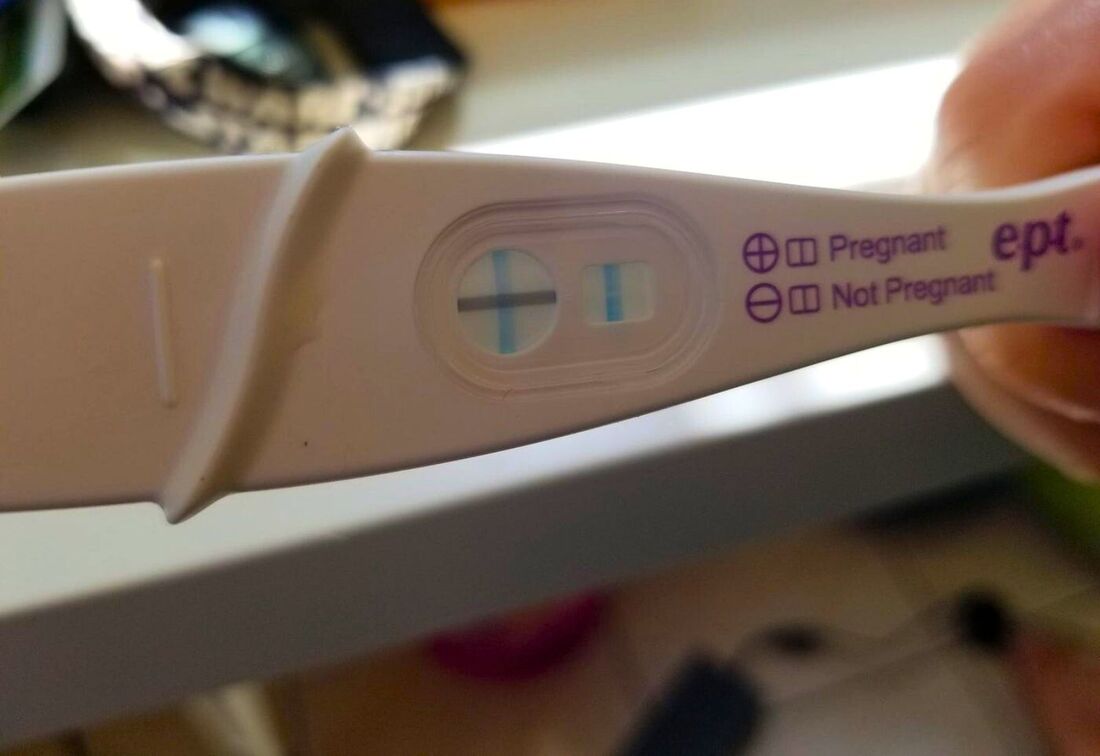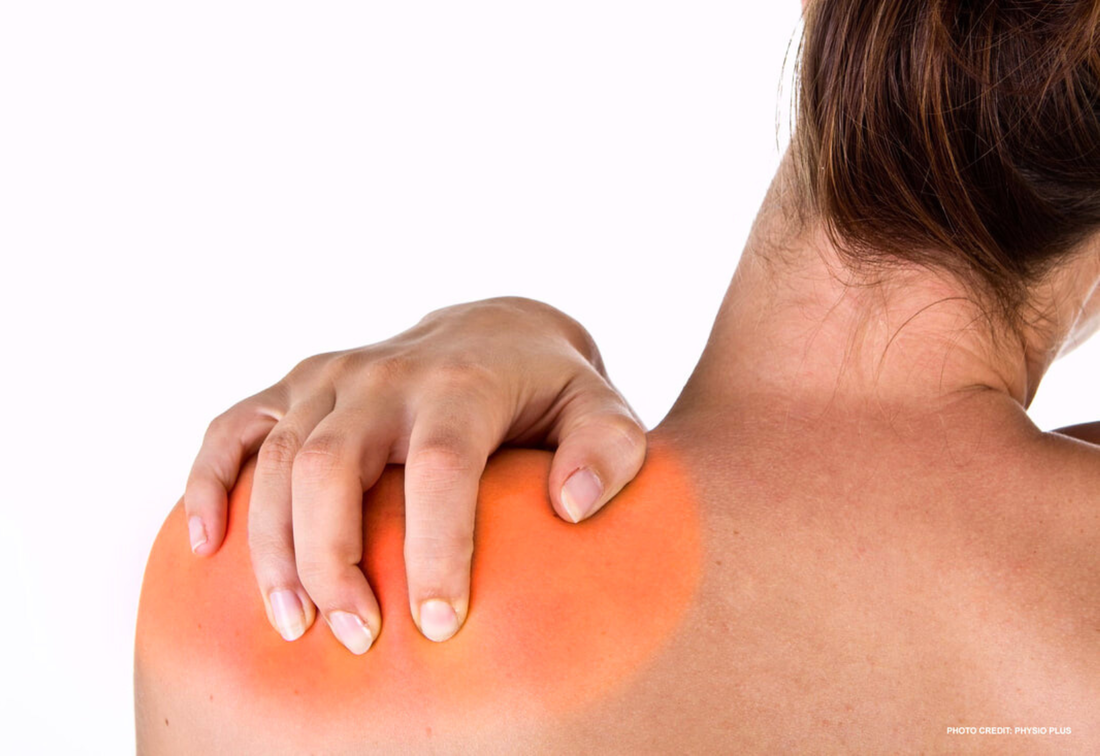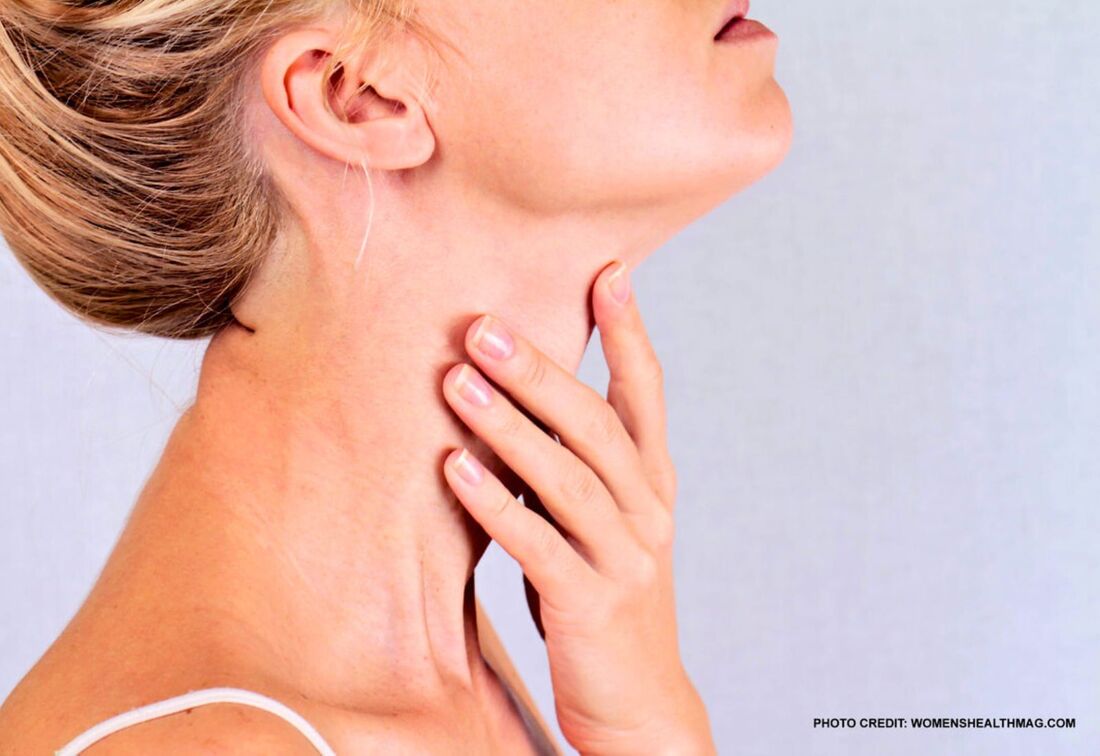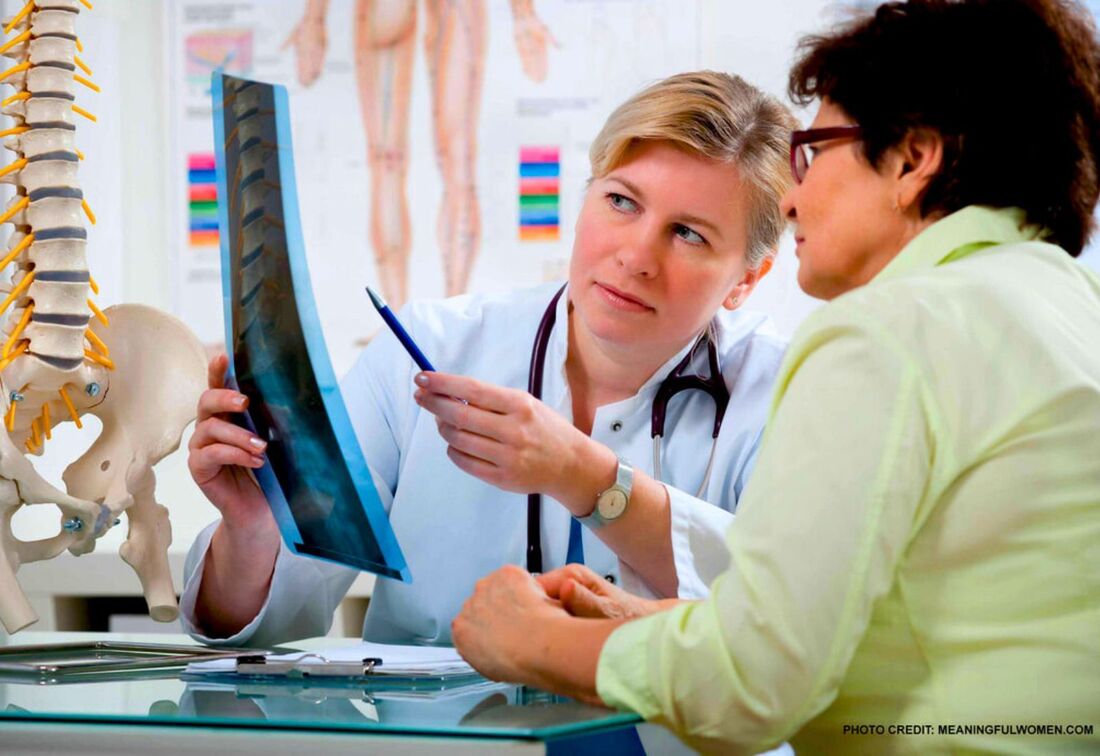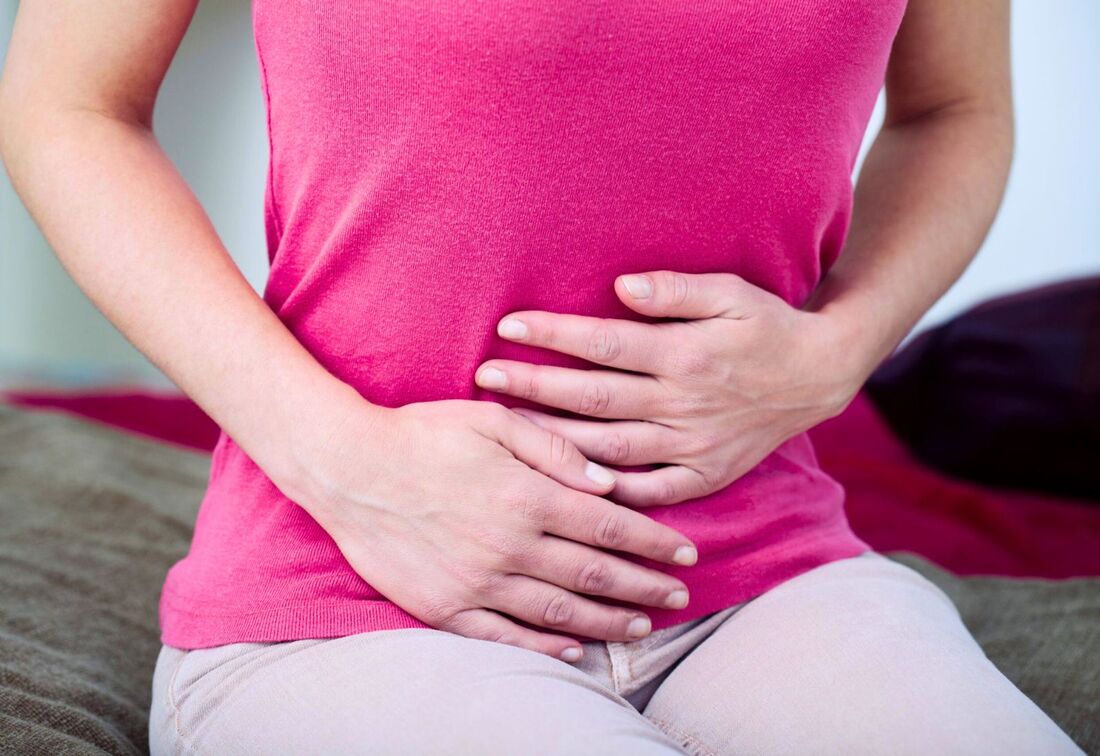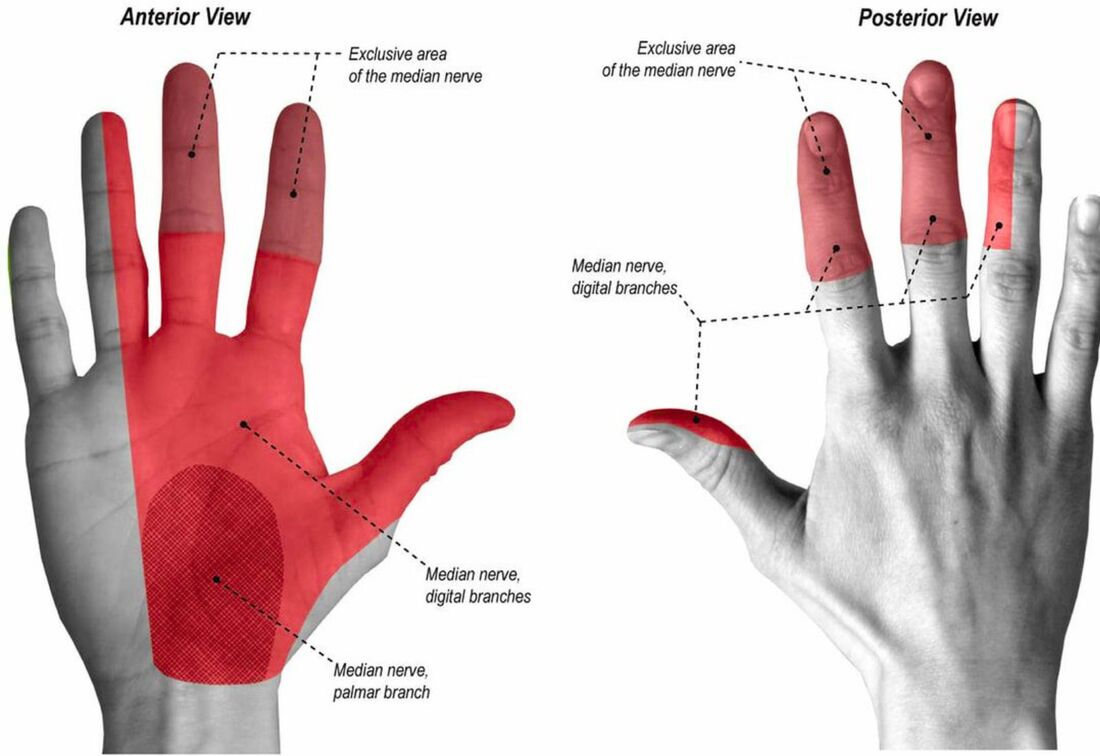No period, yet not pregnant? Here is a possible reasonOctober 24, 2018 6.26 AM
Primary ovarian insufficiency (POI), also known as premature ovarian failure, happens when a woman's ovaries stop working normally before she is 40. This means they may have irregular periods and reduced fertility before the age of 40. Sometimes it can start as early as the teenage years. In most patients, causes are usually unknown.
University of Malaya, Faculty of Medicine, Department of Medicine senior lecturer and consultant Endocrinologist Dr Lee Ling Lim explained that other possible causes include chromosomal abnormalities such as Fragile X Syndrome, co-occurrence with certain hormonal disorders such as low parathyroid/adrenal/thyroid hormones (usually antibodies-related), autoimmune: presence of ovarian antibodies or the damage to the ovaries after chemotherapy or radiation therapy. “Adolescents or young women are usually affected by POI. The most common symptoms is the presence of irregular menses for at least three months, after excluding the use of birth control pills and other hormonal disorders that can affect the menstrual cycle such as high prolactin level and low thyroid hormones. The presence of family history of premature menopause could also be a possible cause.” Basic blood tests include FSH and estrogen levels – two random tests which are a month apart, prolactin level and thyroid hormones test. Treatment Affected individuals tend to be co-managed by the endocrinologists, fertility specialists and pediatricians specialized in growth and development. Hormonal therapy is used to replace the estrogens (female hormone) until the natural age of menopause for optimal bone health, pubertal growth and sexual maturation, as well as prevention of cardiovascular disease. For the latter, additional strategies include dietary control, regular exercise and smoking cessation. Individuals need to be referred to fertility specialists for advice on the reproductive techniques. |
EXPLORE FURTHER
20 Clever ways for busy moms to sneak in some 'me time' every dayPrioritize self-care, as taking care of oneself can actually make it easier to take care of others.
|
5 Ways to tweak your health and diet for a healthier decadeThe age milestone is a good reminder
|
Surviving, living or striving as a woman: Overcoming poverty and hardshipUnleash your potential as a woman
|
Breaking societal norms: Women's ambition after marriage and childrenIs it wrong?
|
Perimenopause and menopause: Knowing what to expectHot flashes and disturbed sleep are common hallmarks
|
(Ask a Dr) I fart when I orgasm. Is there anything I can do to make it stop?Pre-lovemaking no-nos: Foods to avoid
|
Women's sexuality and pleasure: What are we so afraid of?From nervous twinges to empowered pleasure
|
Stretching and strengthening exercises for a frozen shoulderThe inflammatory phase to freezing stage
|
Giving birth can trigger autoimmune thyroid diseaseUnderstanding hypothyroidism: Causes and connections to iodine deficiency
|
Three or more cups of coffee per day puts you at risk of osteoporosisCauses, risks, and preventive measures for women
|
Pelvic floor dysfunction: Effects on urination, bowel movements, and sexual intercourseA comprehensive guide
|
Pelvic organ prolapse explainedNumbness during sex a possible symptom
|
Understanding pelvic pain: Causes, symptoms, and treatmentExploring the complexities and effective management options
|
Carpal tunnel syndrome more common in women than menAssociation of diabetes, gout, and rheumatoid arthritis
|
Magnesium deficiency causes sweet craving and stress eatingFactors affecting magnesium intake
|
The difference between premature ovarian failure and premature menopauseThe connection between conception and infertility
|

